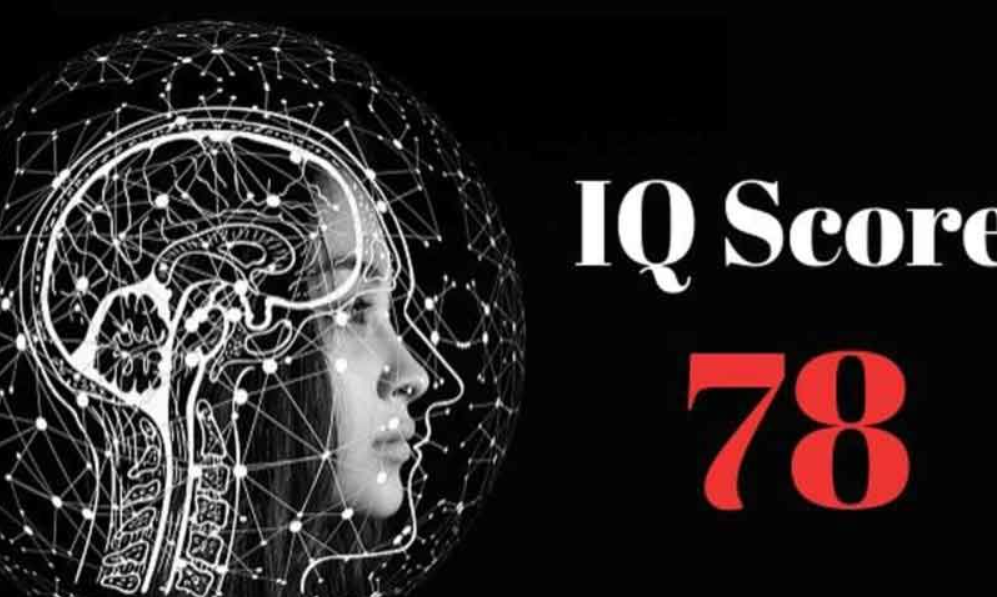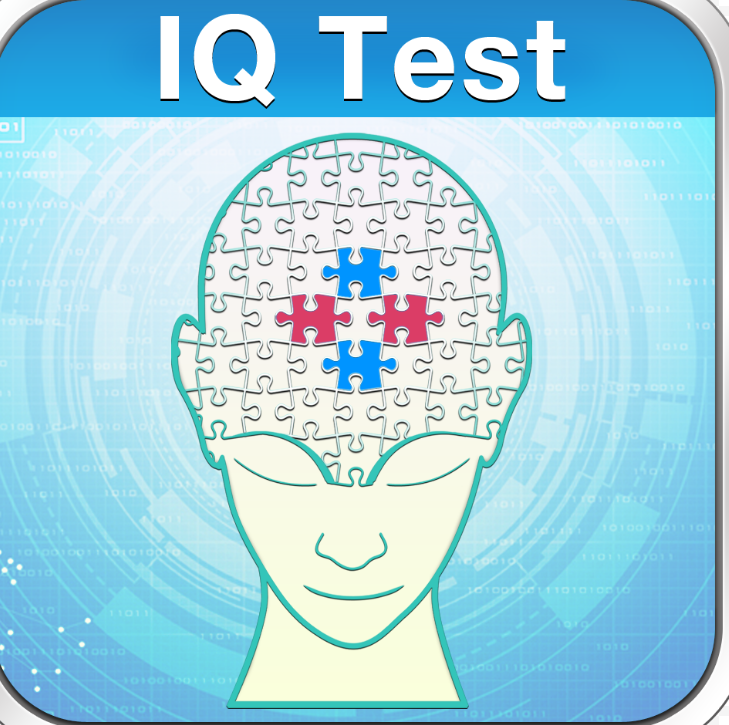
The Relationship Between IQ Tests and Success
IQ tests are widely used in society and education. It’s essential to remember that IQ tests cannot guarantee every type of success in life.
Certain kinds of success are solely determined by personal preference and judgment. Examples include moral, social, and career accomplishments.
IQ Tests Are a Predictor of Success
IQ tests can be used to identify whether someone has learning issues that require additional support. They also assist teachers in deciding what kind of classroom environment would be most beneficial for a particular student.
Studies have demonstrated that intelligence (IQ) is a strong predictor of workplace success. However, this depends heavily on an individual’s educational level and socioeconomic standing.
Thus, people who score highly on an IQ test tend to be successful in their chosen career; conversely, those with lower scores will experience difficulties.
The issue with IQ testing is that it does not accurately reflect all forms of intelligence nor does it take into account its multidimensional nature. As a result, these tests often prove inaccurate when predicting success in business ventures.

IQ Tests Are a Predictor of Personality
IQ is an invaluable indicator of cognitive ability. It has the potential to predict many life outcomes, from academic performance to years spent in school and physical health.
But success is not a one-size-fits-all concept and requires more than just high IQ scores to achieve success in life. A positive personality, including being outgoing and friendly, confident in oneself and open to new experiences are also powerful predictors of future success.
IQ tests are commonly used in educational assessments and job interviews. Unfortunately, they assess skills that aren’t directly applicable to business, leading to criticism of them as racially and gender biased.
IQ Tests Are a Predictor of Social Adjustment
IQ tests are used to distinguish those with intellectual gifts from those with learning difficulties, and can serve as a predictor of success in the workplace.
IQ tests offer many advantages, but they cannot accurately measure all forms of success. Some measures of success are more subjective than others – like moral success – which involves feeling good about oneself and finding ways to help others.
Furthermore, performance on an IQ test may be affected by feedback and affective states experienced during the exam (von der Embse et al., 2018). These motivational and affective processes account for much variation in results when taking IQ tests.
IQ Tests Are a Predictor of Mental Health

Trainers can administer various IQ test, from brief online quizzes to longer standardized examinations that take hours to complete.
Typically, people with higher IQ scores tend to enjoy better physical health and are less likely to develop mental health issues in later life. Furthermore, they are more likely to be successful at work and live a longer lifespan.
Even with an average IQ, therapy can still be beneficial to improve mental health. A therapist can assist them in relieving stress, managing impulsivity and developing skills that will allow them to succeed in life.
Though IQ tests have many uses, studies have demonstrated their inaccuracy when assessing non-cognitive aspects of mental functioning. Thus, efforts should be made to enhance IQ tests so they more accurately reflect true intelligence levels.



